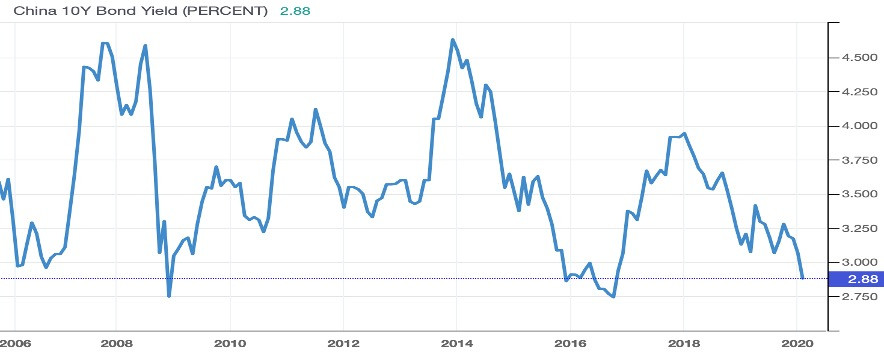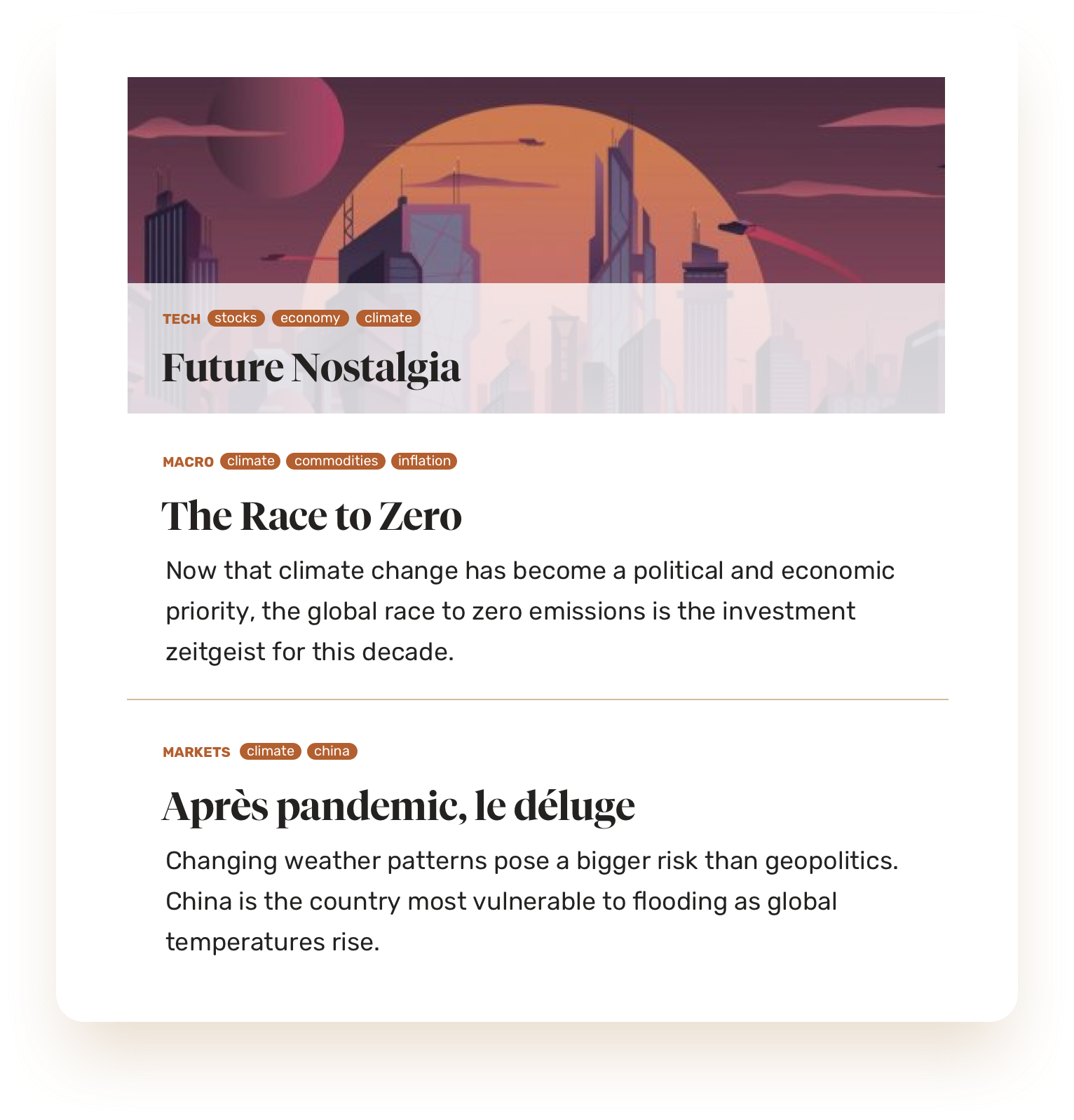The Speaker recommends owning Chinese government bonds as a strategic allocation in any portfolio. He sees China’s 10-year bond yield eventually converging to US rates this decade on the way to zero. He quotes Einstein, “Imagination is more important than knowledge,” as he walks us through how China will handle its increasingly complex debt dynamics. The options are: 1) grow into its debt structure (that won’t last), 2) inflation (maybe but this leads to FX problems), 3) currency devaluation (oh dear, not that), 4) default/haircuts (ugly), or 5) financial suppression (lower rates).
He believes the playbook is Japan, which is the last option. Europe took this path too. US will as well. Chinese bond yields should end up lower, closer to Japan or Europe. This won’t occur in a straight line—rates can go higher for a while, there may be some defaults, a bit of experimentation here and there (like in FX), but that’s a journey most countries have been on. The Chinese will avoid financial anarchy with financial suppression. “To stabilize the debt dynamics, rates have to come down... it’s been done before.”
But what about Chinese corporate debt someone asks, it has been cited by Moody’s as the “biggest threat” to the global economy. The Speaker argues Chinese corporate credit should be analyzed through a lens which takes into account the socio-political underpinnings of China, government ownership and the funding (savings) structure.
In his view, what Western observes get wrong about China is that so much of this debt is quasi-sovereign; and banks are largely government owned and engaged in state directed lending. “It’s a family affair.” The implication is that with the state on both the debt and equity side of the equation it’s more likely that default rates will be lower in China than Western capital markets. Debt recovery values for less well-connected firms will also be lower. Hence, while the Speaker expect some defaults to enforce market discipline, he thinks Beijing will avoid systemic meltdown at all costs by providing liquidity and supporting the banks. “This really means that the Chinese government balance sheet just gets bigger to socialize the risk.”
Last year, China’s onshore bond market overtook Japan to become the second largest in the world, behind the US. And with its inclusion in all the major global bond indices all but inevitable, foreigners should increase their presence in China’s domestic bond market, said the Speaker.
Foreign ownership has leapt over the past two years as the government opened up different exposure avenues—the Qualified Foreign Institutional Investor (QFII) and RMB QFII (RQFII) schemes, direct investment in China’s interbank bond market (CIBM Direct) and Bond Connect. Yet at 2.2%, foreigners’ holdings are still tiny when compared with developed markets such as Japan (12.1%) and the US (28%) or even emerging markets such as Indonesia (39%) and Malaysia (24%). “This is the world’s least crowded trade. Everyone is underweight China.”

Source: Trading Economics

Photo: Pexels






